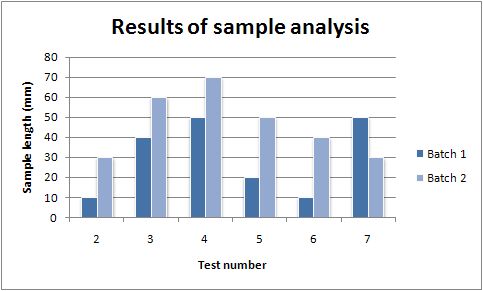CPAN Testers Summary - March 2011 - Hourglass
A relatively quiet month during March, although my thanks go to Leo Lapworth and Dave Cantrell for noticing and reporting bugs in the websites. Feel feel to report bugs you spot on the CPAN Testers websites to me directly (barbie@cpan.org), as if I'm not the person to deal with that particular website, I can re-direct you to the right person. You're also welcome to report bugs on RT, and as I get more of the individual websites on CPAN, it'll be easier to report bugs and feature requests directly for the respective website.
Work has been ongoing with releasing the website code, with the release of CPAN-Testers-WWW-Wiki, which contains the basic code to run the CPAN Testers Wiki. The data that is contained within the website has not been released, though it is available on request if anyone wished to use it. I'm currently working on packaging the CPAN Testers Blog in the same way, and hope to have that released later this month.
